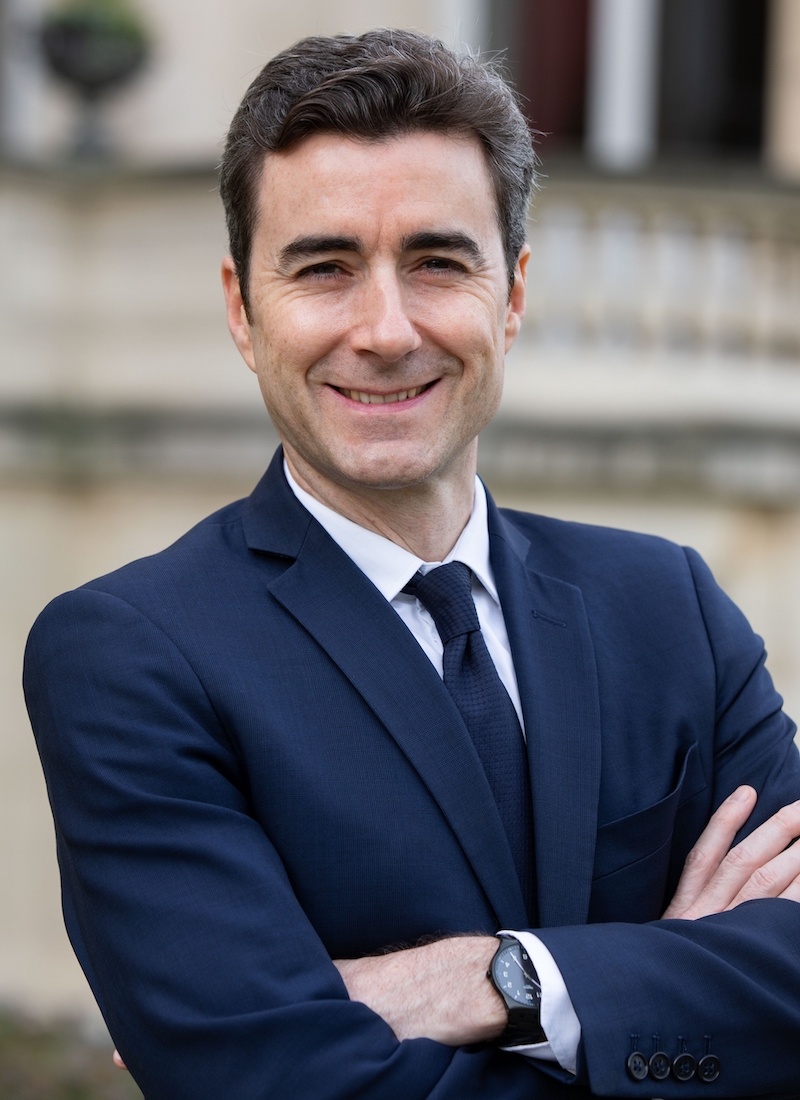La prudence de Descartes face à la question de l’infini en mathématiques
Philosophiques, 34:2, 2007, 295-316.
Résumé
The question of the Cartesian infinite is vast and polymorphic, from metaphysics to the philosophy of science and practical philosophy. But it is in mathematics that the attitude of the author is the most ambivalent and paradoxal because, for Descartes, there is no infinite in mathematics. This article aims to analyze the signs and the reasons of this cartesian prudence. We will proceed in two steps. Firstly, we notice the absence of the infinite in Cartesian mathematics through the examination of the infinitesimal. Secondly, we will demonstrate that there is, in Cartesian mathematics, only an indefinite, by discussing the existence and the status of the "biggest number." This examination will reveal the two motives of cartesian prudence: metaphysical constraint and methodological rigour.


